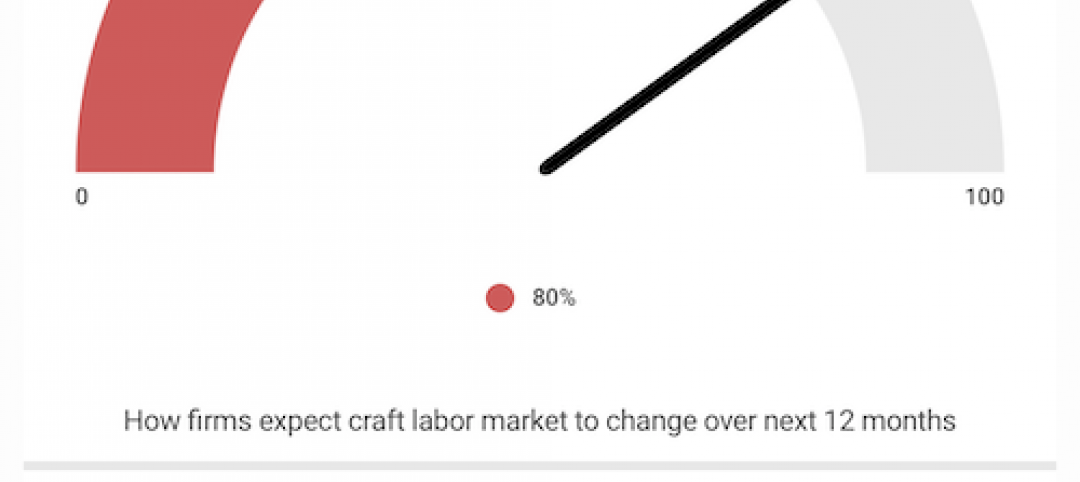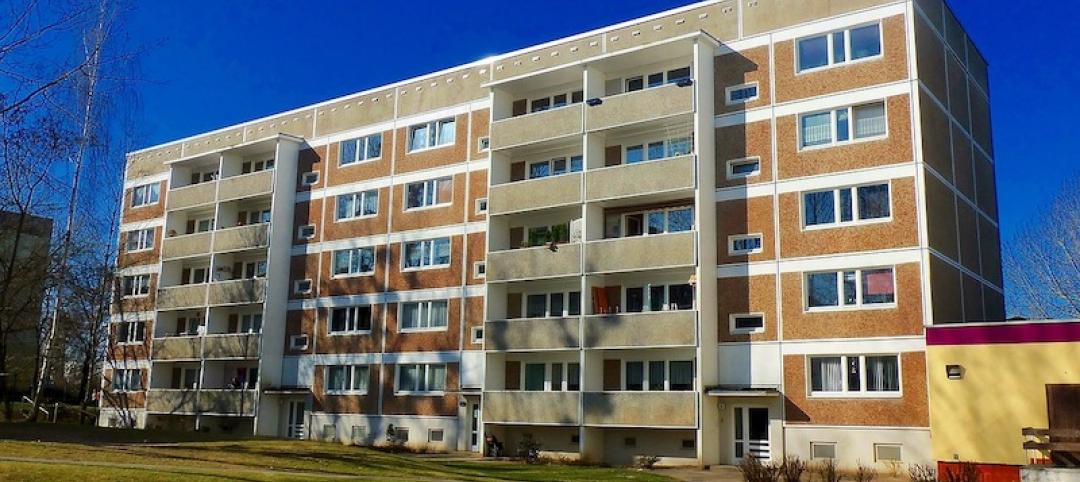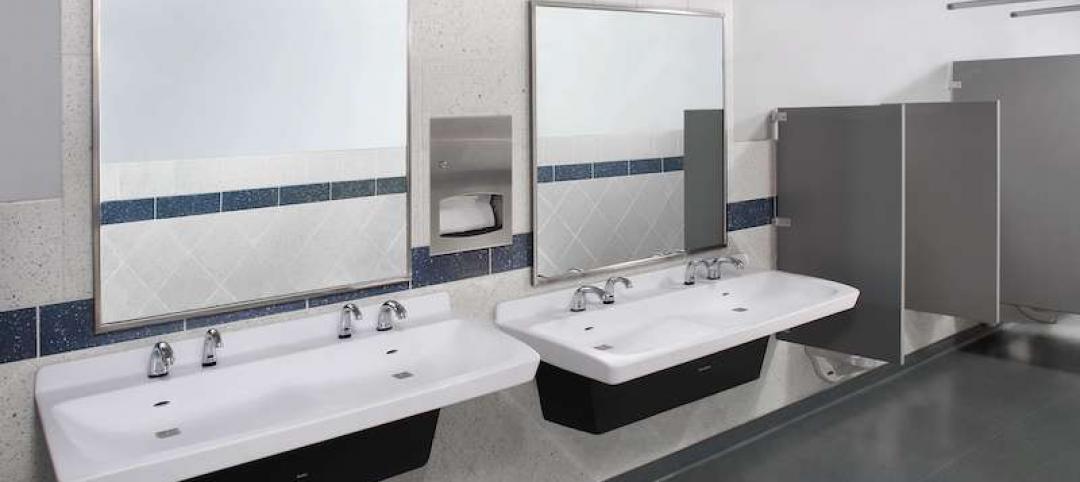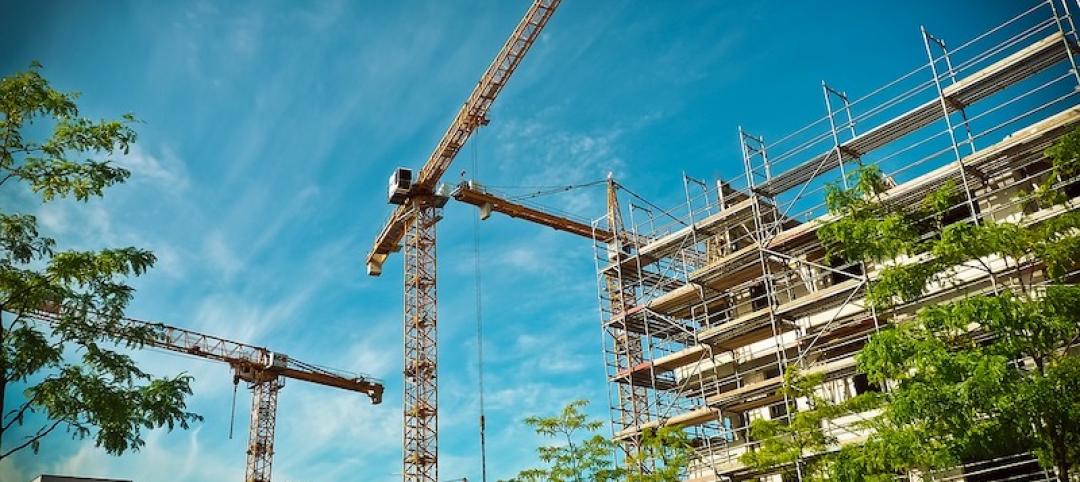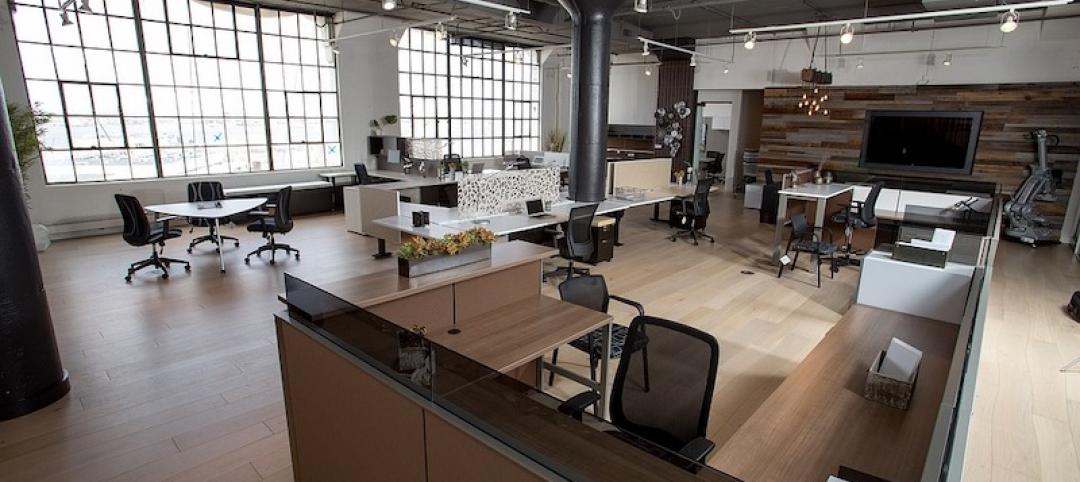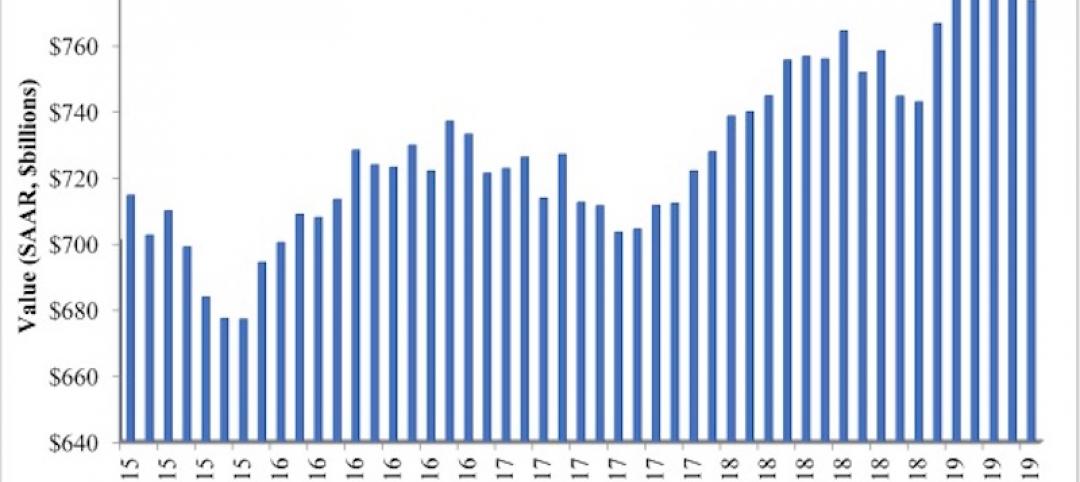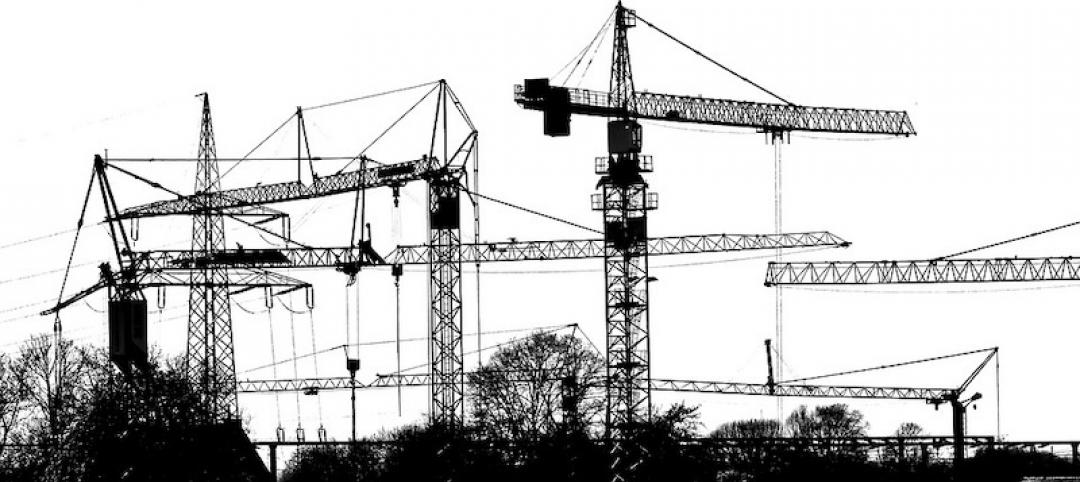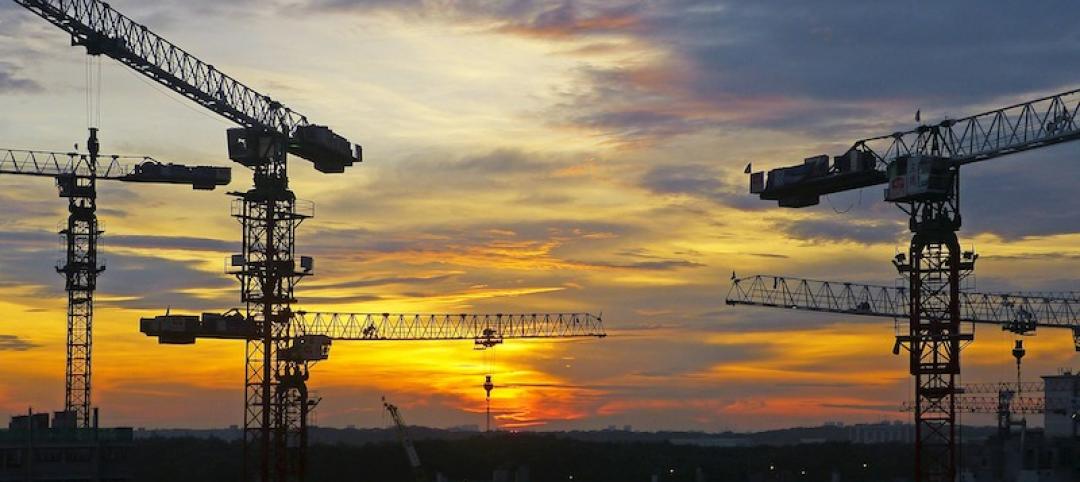As local and state governments are beginning a phased reopening of their economies, the International Code Council has compiled a guide of safety precautions and considerations for businesses looking to resume in-office activities. Acting as an aggregate information hub, the Code Council’s Coronavirus Response Center offers relevant information for building professionals and potential occupants to understand the impact the pandemic has had on the industry, as well as for companies who are currently creating plans and strategies to move back into their offices.
Ahead of reopening efforts, the Code Council has made it a priority to educate businesses, office managers and building safety professionals on an important but often-overlooked safety precaution – preparing an office building for re-occupancy. With many buildings reducing or turning off normal system operations during stay-at-home orders, it is critical to properly inspect and prepare a vacant building ahead of resuming regular activities. Without proper preparation and maintenance, the building may pose unrealized hazards to incoming occupants, whether from a heating, ventilation, and air conditioning (HVAC) or plumbing system to a powerless carbon monoxide detector.
Due to the wide range of aspects necessary for reopening a previously unoccupied building, the Code Council’s Coronavirus Response Center covers topics include:
- Addressing any temporary changes needed to building access and exit patterns to accommodate temporary reopening protocols such as employee health screenings, disposal of PPE, or any areas specifically designated for decontamination.
- Visually inspecting and testing the operation of building entrances and exits including doors, revolving doors, and garage doors for proper operation and ensure they are free from obstructions.
- If a building’s water distribution system has been shut down or seen reduced flow, flushing the pipe system with clean, potable water to remove any unwanted debris.
- Facilitating adequate physical distancing protocols, and considerations for revising maximum occupant loads for all buildings and spaces to accommodate 75 gross SF/occupant.
- Closing common areas where personnel are likely to congregate and interact or enforcing strict physical distancing protocols.
- Guidance on disinfecting communal areas from FEMA and the CDC
“COVID-19 has had an unprecedented impact on our society, both economically and socially. As we continue to learn to navigate the new normal and discover what that actually entails, having easy access to information on topics like how to properly prepare a vacant building for reoccupation is crucial, especially during reopening efforts,” said Dominic Sims, CBO and CEO, International Code Council.
Access to the Code Council’s Coronavirus Response Center can be found here, while the full list of tips and considerations for reopening buildings can be found here.
Related Stories
Industry Research | Aug 29, 2019
Construction firms expect labor shortages to worsen over the next year
A new AGC-Autodesk survey finds more companies turning to technology to support their jobsites.
Market Data | Aug 21, 2019
Architecture Billings Index continues its streak of soft readings
Decline in new design contracts suggests volatility in design activity to persist.
Market Data | Aug 19, 2019
Multifamily market sustains positive cycle
Year-over-year growth tops 3% for 13th month. Will the economy stifle momentum?
Market Data | Aug 16, 2019
Students say unclean restrooms impact their perception of the school
The findings are part of Bradley Corporation’s Healthy Hand Washing Survey.
Market Data | Aug 12, 2019
Mid-year economic outlook for nonresidential construction: Expansion continues, but vulnerabilities pile up
Emerging weakness in business investment has been hinting at softening outlays.
Market Data | Aug 7, 2019
National office vacancy holds steady at 9.7% in slowing but disciplined market
Average asking rental rate posts 4.2% annual growth.
Market Data | Aug 1, 2019
Nonresidential construction spending slows in June, remains elevated
Among the 16 nonresidential construction spending categories tracked by the Census Bureau, seven experienced increases in monthly spending.
Market Data | Jul 31, 2019
For the second quarter of 2019, the U.S. hotel construction pipeline continued its year-over-year growth spurt
The growth spurt continued even as business investment declined for the first time since 2016.
Market Data | Jul 23, 2019
Despite signals of impending declines, continued growth in nonresidential construction is expected through 2020
AIA’s latest Consensus Construction Forecast predicts growth.
Market Data | Jul 20, 2019
Construction costs continued to rise in second quarter
Labor availability is a big factor in that inflation, according to Rider Levett Bucknall report.



